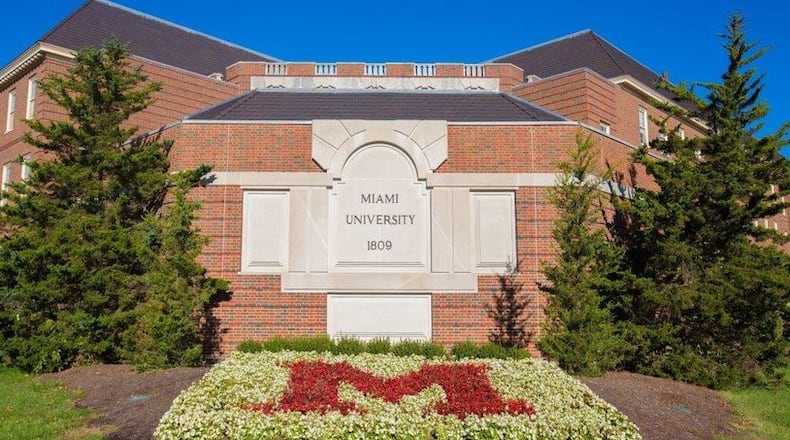The onset of the COVID-19 pandemic in 2020 propelled student mental health challenges to the forefront for K-12 schools locally and nationally. And though the pandemic emergency has this month been nationally declared over, the emotional health challenges of school children remain.
“At a time of record mental health concerns, this grant provides scholarships and supports that enable Miami to expand and diversify the pipeline of social workers, who the knowledge and skills to support our K-12 schools and students,” said Jason Lane, dean of the College of Education, Health and Society at Miami.
The awards were funded by the Bipartisan Safer Communities Act (BSCA), which President Joseph Biden signed into law in June 2022, and they help advance the administration’s efforts to tackle the mental health crisis in our schools, according to a statement released by the U.S. Department of Education.
The department has awarded $286 million across 264 grantees in 48 states and territories to boost the training, hiring, and diversification of mental health professionals through two grants — the School-Based Mental Health (SBMH) grant program and Mental Health Service Professional (MHSP) grant program.
Grantees estimate that these funds collectively will prepare more than 14,000 new mental health professionals for America’s schools. A state-by-state breakdown of these projections is included below.
Angela Curl, associate professor of Family Science and Social Work, said the $626,000 will be put to quick and good use by Miami.
“Over 5 years, this grant will help prepare 150 graduate-level social workers who are trained in cutting-edge methods to provide mental health services to children in K-12 school settings,” said Curl.
“According to the US Bureau of Labor Statistics, 60% of mental health services are provided by clinically trained social workers; many mental health services for children are provided in K-12 schools.”
“Currently there are long waiting lists for school-based mental health services, and many children do not receive the help they need. This project is an effort to expand the capacity of Ohio school districts to fill this need,” she said.
“The goal of this grant is to expand the number of (master of social work) graduates trained to provide school-based mental health services and (also) increase the representativeness of the workforce by recruiting participants who are from historically underrepresented populations and/or those who are from the Hamilton or Dayton area.”
About the Author

